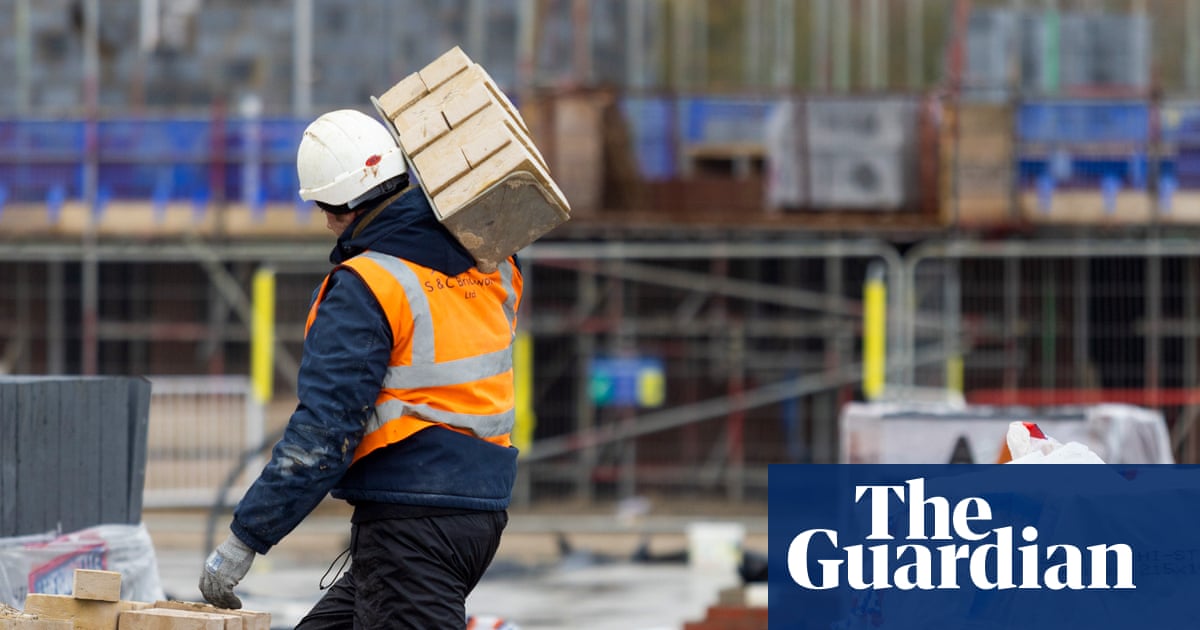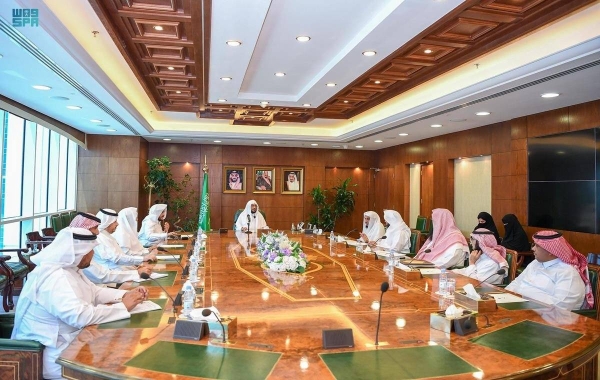
MPs are expected to approve historic plans for a “virtual parliament” when they return to Westminster on Tuesday but the new system will fall short of achieving full digital democracy.
The proposals will allow up to 120 out of 650 MPs to take part in proceedings at once using the Zoom video conferencing app, while up to 50 will sit in the Commons in person under strict social distancing rules.
Some of the more boorish traditions, such as heckling from the backbenches, will no longer take place because Commons officials will be able to control who is heard.
Other parliamentary quirks, such as “bobbing” – when MPs stand up and sit down to attract the Speaker’s attention – would be difficult to replicate, Commons officials said.
Screens will be placed around the chamber so ministers and parliamentary staff can see MPs who are taking part in each debate. Signs will indicate where MPs can sit, with tape marks on the floor showing where others can stand.
All parties are expected to back the proposals, although few MPs are expected in the chamber for the vote after being actively discouraged by their whips to stay away.
Chi Onwurah, the shadow digital minister who first called for a digital parliament to be established last month, said: “I am sure there are going to be hiccups on Wednesday and we have further to go – we should be able to make spontaneous interventions rather than pre-submitted questions.
“But it is a huge step forward. We have gone from the 17th century to the 21st century in three weeks.”
Chris Bryant, the Labour MP for Rhondda and a former shadow leader of the house, added: “I am glad we can scrutinise ministers but I’m a little anxious about the new system because it is the crowd in the chamber that sometimes forces ministers to explain themselves. Remoteness may take all the energy out of the proceedings.”
If the proposals are voted through as expected, they will be used for the first time at Welsh questions on Wednesday morning, just before prime minister’s questions. Labour has not yet said whether Keir Starmer will take part, while Dominic Raab will represent the government in Boris Johnson’s absence.
Once the new system has been used, the house will consider whether the model should be extended to debates on motions and legislation. A decision is expected later on whether to move to a system of remote voting. Virtual committee meetings have already taken place.











